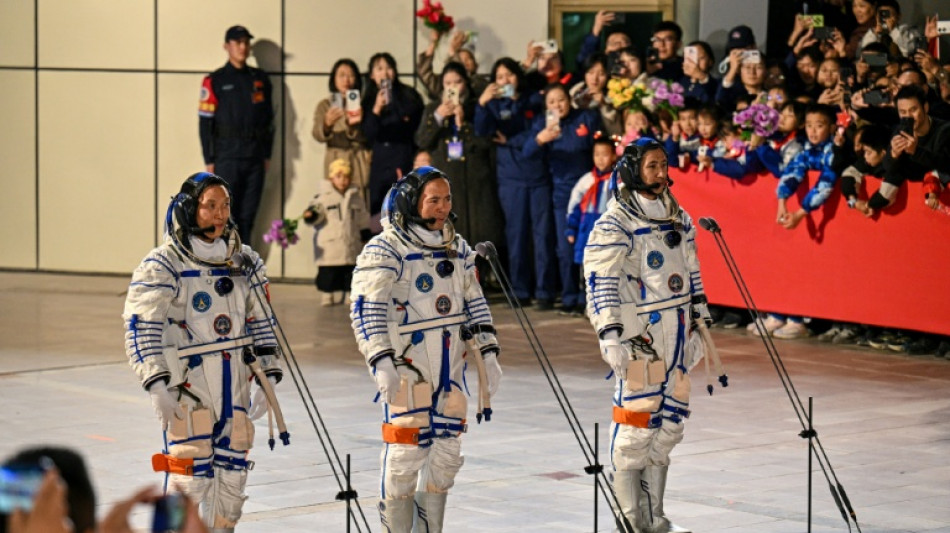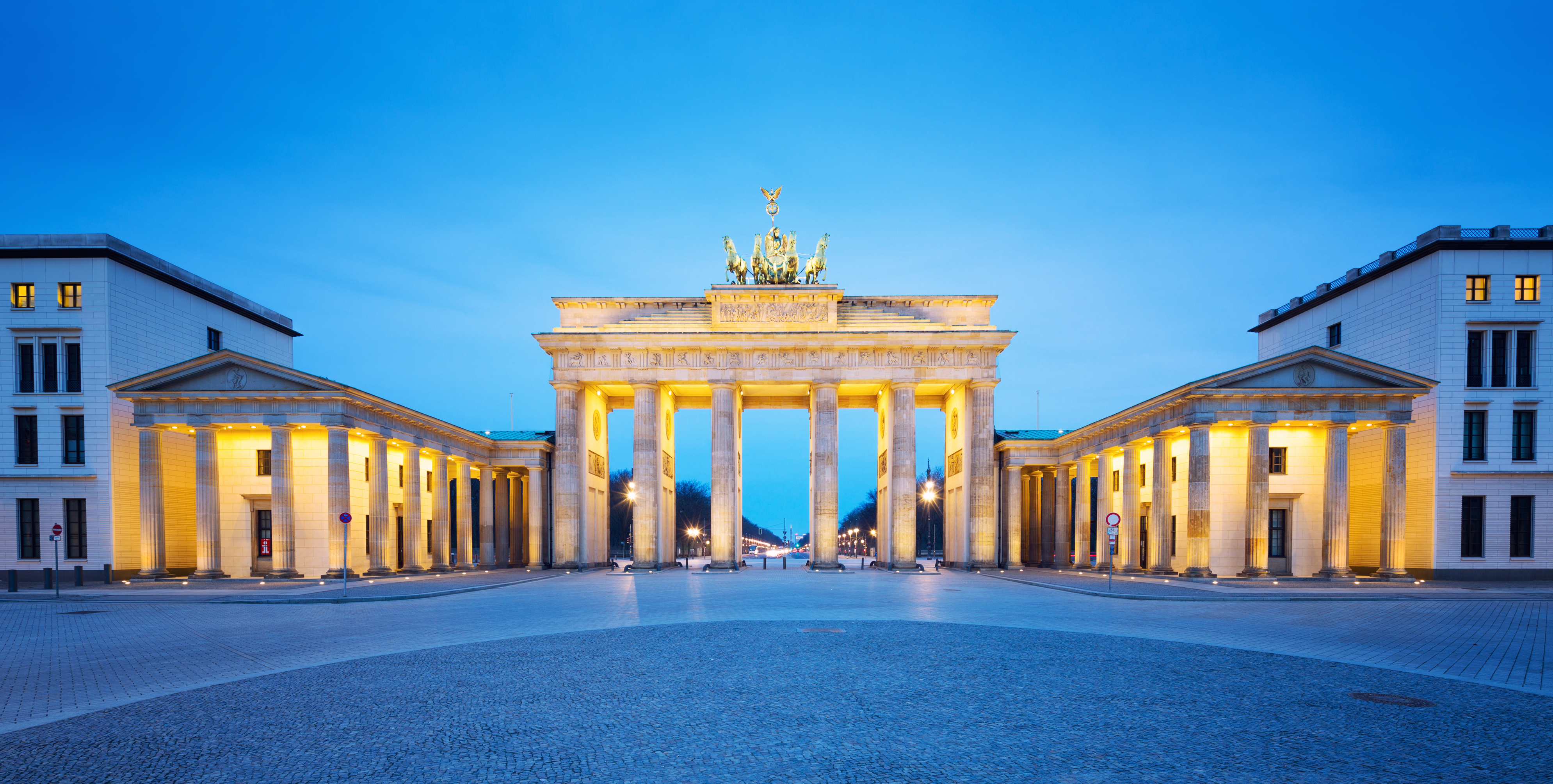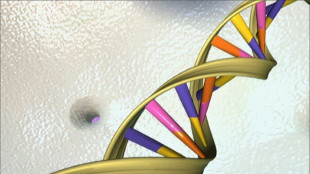

China sends youngest astronaut, mice to space station
A new crew took off for China's space station on Friday, including the country's youngest ever astronaut and four lab mice.
The Long March-2F rocket carrying the Shenzhou-21 mission crew lifted off at 11:44 pm (1544 GMT) from the Jiuquan Satellite Launch Center in northwest China, AFP journalists saw.
The Tiangong space station -- crewed by teams of three astronauts that are exchanged every six months -- is the crown jewel of China's space programme, into which billions of dollars have been poured in a bid to catch up with the United States and Russia.
China has bold plans to send a crewed mission to the Moon by the end of the decade and eventually to build a base on the lunar surface.
Mission commander and veteran space pilot Zhang Lu is accompanied by 32-year-old flight engineer Wu Fei, China's youngest astronaut to undertake a space mission, and payload specialist Zhang Hongzhang, 39.
The three astronauts waved goodbye to colleagues and family members at the remote launch base in the Gobi Desert as a band played a patriotic song.
Zhang Lu told reporters on Thursday he was confident his team would "report back to our motherland and its people with complete success".
Space first-timer Wu told a news conference on Thursday that he felt "incomparably lucky".
Four mice -- two male and two female -- join them as the subjects of China's first in-orbit experiments on rodents.
Shenzhou-21 is expected to dock with Tiangong around three-and-a-half hours after takeoff.
- 'Space dream' -
Beijing's space programme is the third to put humans in orbit, after the United States and the former Soviet Union.
China has ramped up plans to achieve its "space dream" under President Xi Jinping, successfully landing its Chang'e-4 probe on the far side of the Moon in 2019, the first spacecraft to do so.
It then landed a small robot on Mars in 2021.
The China Manned Space Agency (CMSA) outlined on Thursday a series of "crucial upcoming tests" it was undertaking in preparation for its 2030 Moon goal.
In addition to advancing scientific research, the Shenzhou-21 crew is expected to go on spacewalks and install anti-debris shields on the exterior of the Tiangong space station.
The astronauts are also expected to conduct "popular science education", the CMSA said, as Beijing searches for future space talent both domestically and internationally.
China has been excluded from the International Space Station since 2011, when the United States banned NASA from collaborating with Beijing.
It has since sought to bring other countries into its space programme and signed a deal with longtime ally Pakistan in February to recruit the first foreign "taikonauts".
F.Weber--BVZ




